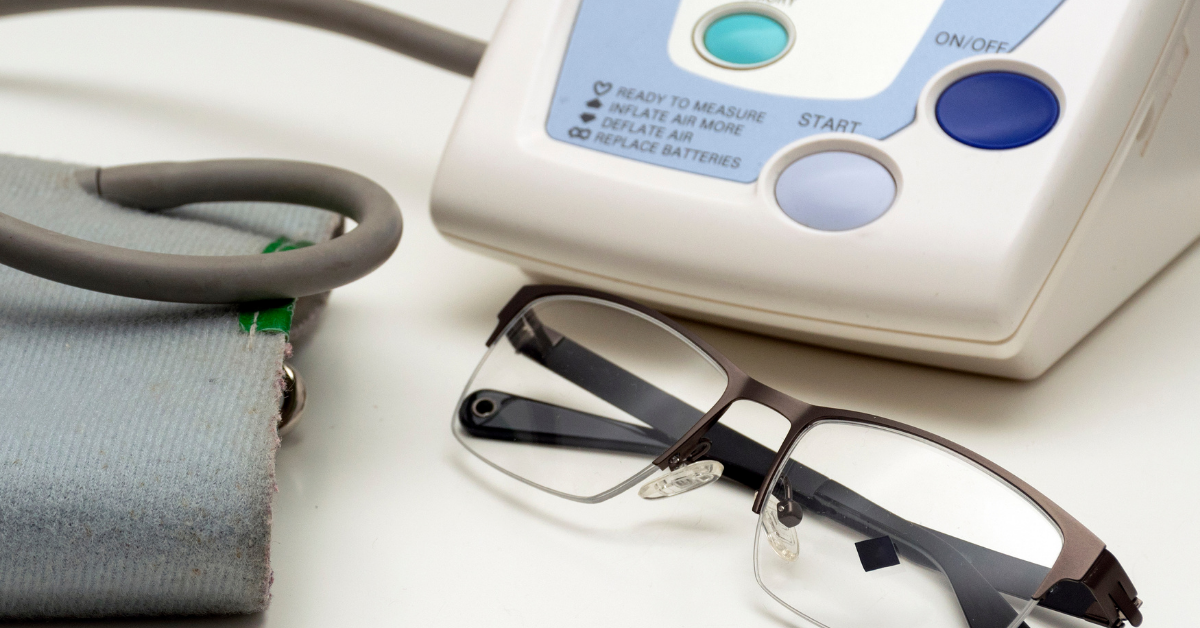
As strange as it may sound, licking another person’s blood can be very dangerous. Ingesting someone else’s blood can give you their diseases and viruses, so it’s best to avoid doing this at all costs. Even if the other person doesn’t seem sick, they could still be carrying something harmful that you don’t want to ingest into your own bloodstream.
Analysis- This article warns about the dangers of ingesting another person’s blood, detailing how it can be detrimental for you. It is best to avoid licking random people’s blood as this may not be beneficial for your health. You never know what diseases or viruses they may have, so it’s best to avoid licking random people.
Licking another person’s blood can be very dangerous, as it can give you their diseases and viruses. Ingesting someone else’s blood can be harmful for your health, so it’s best to avoid doing this at all costs. Even if the other person doesn’t seem sick, they could still be carrying something harmful that you don’t want to ingest into your own bloodstream.
What is bloodborne pathogens and why should you be concerned about it?
When you lick someone’s blood, there are many diseases and viruses that you can ingest into your own bloodstream. The CDC lists several categories of bloodborne pathogens, including bacteria, viruses, parasites, prions (diseases caused by proteins), and even fungi. Some of these pathogens include hepatitis B virus (HBV) and the human immunodeficiency virus (HIV).
If you lick someone’s blood, you may be at risk for developing one of these diseases. Some of these pathogens are deadly, and others can cause long-term health problems. It is important to be aware of the risks associated with licking someone’s blood, and to take steps to protect yourself from these diseases.
How to protect yourself from exposure to someone else’s blood?
If you think somebody has blood on them, and they may lick it and get sick, there are steps that you can take to protect yourself. First, wash your hands with soap and water immediately after touching the area where the blood is present. Then, put on disposable gloves if possible before touching anything else that may be contaminated. Dispose of all items (gloves, tissues, etc.) in a biohazard container.
Avoid touching your eyes, nose, and mouth at all costs after contact with someone else’s blood. Many of the diseases that you can get from their blood will enter your body through these areas.
What are the symptoms of exposure?
The symptoms of exposure to someone else’s blood will depend on the disease that you get from it. Some common symptoms include: fatigue, fever, chills, swollen glands (lymph nodes), aches and pains in your bones/muscles, etc.If you have any of these symptoms after contact with someone else’s blood, see a doctor immediately.
Who needs to be worried about this issue?
The answer to this question is not straightforward, as it will depend on the disease that you get from exposure. In general, however, most of these diseases take a while to show up after exposure (usually a few days to a few weeks). So, if you have been around somebody who has recently been exposed to someone else’s blood, and you have been exposed to their blood, there is a small chance that you may get a disease from it.
What happens if you lick someone else’s blood?
The article warns about the dangers of ingesting another person’s blood and details how it can be detrimental for your health. So, if you’re thinking about licking someone’s blood, think again! It’s not worth the risk. There are plenty of other things you can do to have fun without putting your health at risk.






